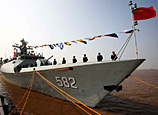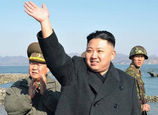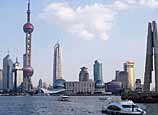
The study calculates relative buying power in 55 countries, by converting to a common currency the median gross salaries paid for a particular position in the countries of interest; calculating the equivalent net salaries by deducting income tax and social security; and applying cost-of-living indexes to net salaries.
While Hayward declined to speculate on how Chinese executives' increased spending power might redraw the recruiting landscape by 2017, she said the salaries of executives in China "are becoming more and more on a par" with those of expat executives. She cited the results of a 2011 AESC study that asked if executive pay in China had become more globally competitive over the past five years.
According to Hayward, about 70 percent of those surveyed said executive compensation in China had either "significantly increased in competitiveness or moderately increased".
The latest studies show that companies in China "want local Chinese talent, not necessarily an expat to fill a role, especially now as the local Chinese have the management experience that they may not have had in the past", Hayward said.
"Executive-search firms have access to a wide range of talent pools and will work to fill an available role with the best person, whether that be a local or an expat," Hayward said. "Search firms already recognize the Chinese talent that exists, both locally and around the world, and the compensation that must be paid to attract an executive to take on a new position."
In October, further evidence of the rapid increase in executive pay in China was provided by the 2011 China Salary Development Report issued by the Ministry of Human Resources and Social Security. The report said executive salaries rose by 370,000 yuan ($59,000 at today's exchange rate) in five years. The average annual salary for company executives in 2010 was 668,000 yuan, up from 291,000 yuan in 2005.

















 Hailstones measuring 7 cm in diameter hit SW China
Hailstones measuring 7 cm in diameter hit SW China


![]()
